Thank you dear subscribers, we are overwhelmed with your response.
Your Turn is a unique section from ThePrint featuring points of view from its subscribers. If you are a subscriber, have a point of view, please send it to us. If not, do subscribe here: https://theprint.in/
Since 24 February 2022 when President Putin started to demilitarize Ukraine with massive air strikes, the Western countries (USA and Europe) began imposing unprecedented economic sanctions on it. Will they really work? This article tries to analyze the vexed question and examine the Indian approach at work.
According to recent study from SIPRI, India imports 85% of its armaments from Russia. The rest comes from USA, France etc. Hence, India needs to do the tightrope walking as regards the current Ukraine crisis. In fact, Russia has also proved to be a reliable partner in energy as well as crucial political support at the UNSC in the past (Kashmir).
After the USSR broke up under the Alma Ata Declaration in December 1991, Russia had a $66 billion of foreign debt and a few billion dollars in foreign exchange reserves. So during the Yeltsin years (1991-1999) the economy was in shambles. However, with the advent of Putin as the President in 2000, things have gradually taken a better and stronger economic shape. After the 2014 annexation of Crimea, the Russian economic growth did come under strain due to imposition of the Western sanctions. Notwithstanding it, Russia created a fortress by taking forward the process of insulating its economy against future aggressive sanctions.
So Putin has deftly managed it well especially after 2014. With a new wave of sanctions by the Western countries, the large Russian foreign exchange reserves (estimated at more than 500 billion dollars) are going to be of great help. A small component of these foreign exchange reserves can be converted to the sovereign wealth fund (around 10%) that can help Russia in funding its domestic economic growth. It would face difficulties in accessing these reserves due to these sanctions but it is not impossible.
In fact, food security would be more important concern for Russia. Since 2012, it has doubled the grain production. So Russians have become the largest exporter of grain in the world. This is critical so as to sustain any long-term military campaign that needs stockpile of grain and energy. Similarly, the exclusion of Russian banks from the SWIFT messaging system may also have a symbolic effect only, as Russia has alternative SBSF system run by the Russian Central Bank. It is designed primarily for the Eurasian countries. So other banks across the world can connect easily with SBSF. Still, the freeze on the assets of the Russian Central Bank would have an impact as seen from the free fall in the Russian financial markets. However, here again, Russians do not depend much on the financial markets as the people in the Western countries do. Thus, Putin can still maneuver around it.
As far as the common Russian people are concerned, sanctions won’t hurt them much because their life is simple and also, they do not have much savings. It might make a big impact on the business of the rich Russians. As evidenced in the financial markets, the Rubel dropped dramatically with sanctions coming into effect and in a drastic step; the key interest rates have been increased from 9.5 to 20 percent. The Russian Central Bank Head Elvira said the parameters for the Russian economy have changed fundamentally. She also said the latest sanctions have led to a radical correction in the foreign exchange rates, also access to financial reserves has been restricted.
These drastic measures present the risk as hike of rates to 20 percent could become a heavy burden for the businesses, lead to higher unemployment and trigger a catastrophic economic crisis. For Russians to manage this unprecedented crisis Putin would have to act smart by relying on their large natural resources, significant gold reserves and conduct expanded use of crypto currency. Also the Indian economy being double the size of Russian economy, so India should help Russia in the best possible manner, for example taking very high the current amount of bilateral trade at 10 billion dollars. For India the 85% import of armament can continue in the long term only if there is a strong Russia. China faces the Malacca dilemma for its energy imports and therefore it would like to have more amount of Russian oil and gas (especially because Americans cancelled all such Russian imports). This will profit Putin heavily. Russia must go ahead by relying on China’s currency and cross-border interbank payment system. Russia will also benefit due to the low foreign debt currently.
In 2020 when the PLA created a war like situation on the LAC, Indian Defence Minister Rajnath Singh went to Moscow for quickly having certain armaments in order to boost Indian Defence. India has to do tightrope walking and the time-tested non-aligned policy comes in handy at all the forums as seen in Indian voting pattern. It serves the Indian national interests best.
These pieces are being published as they have been received – they have not been edited/fact-checked by ThePrint.
Also read: SubscriberWrites: Russia-Ukraine crisis is just a precursor to a global nuclear arms race

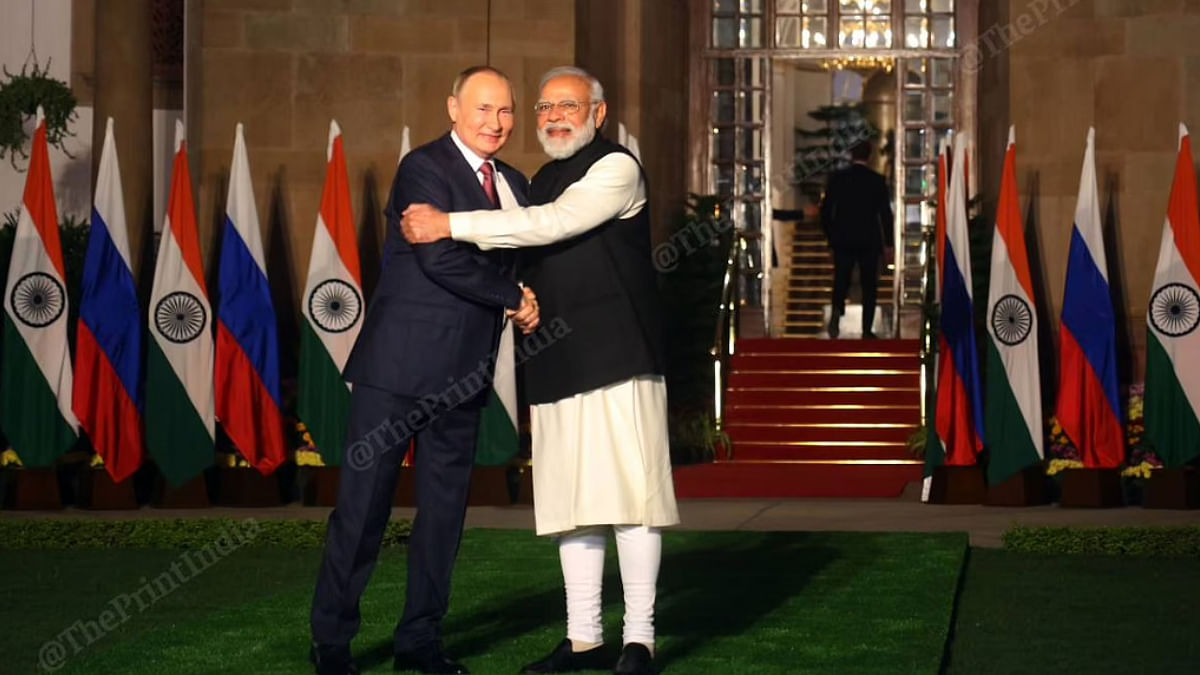
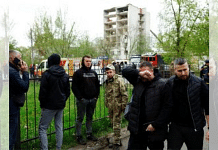
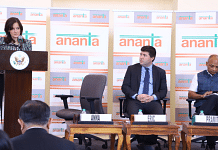


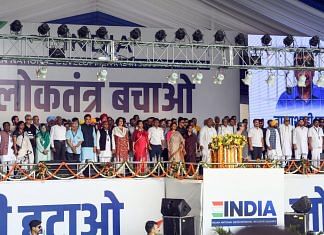


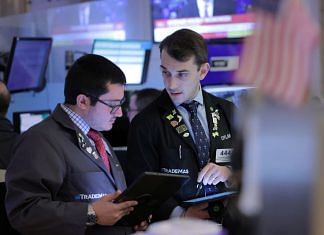
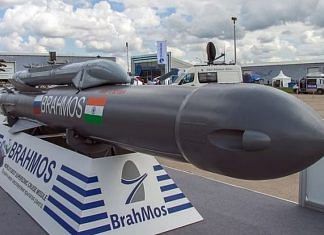
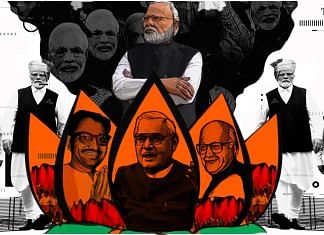
COMMENTS